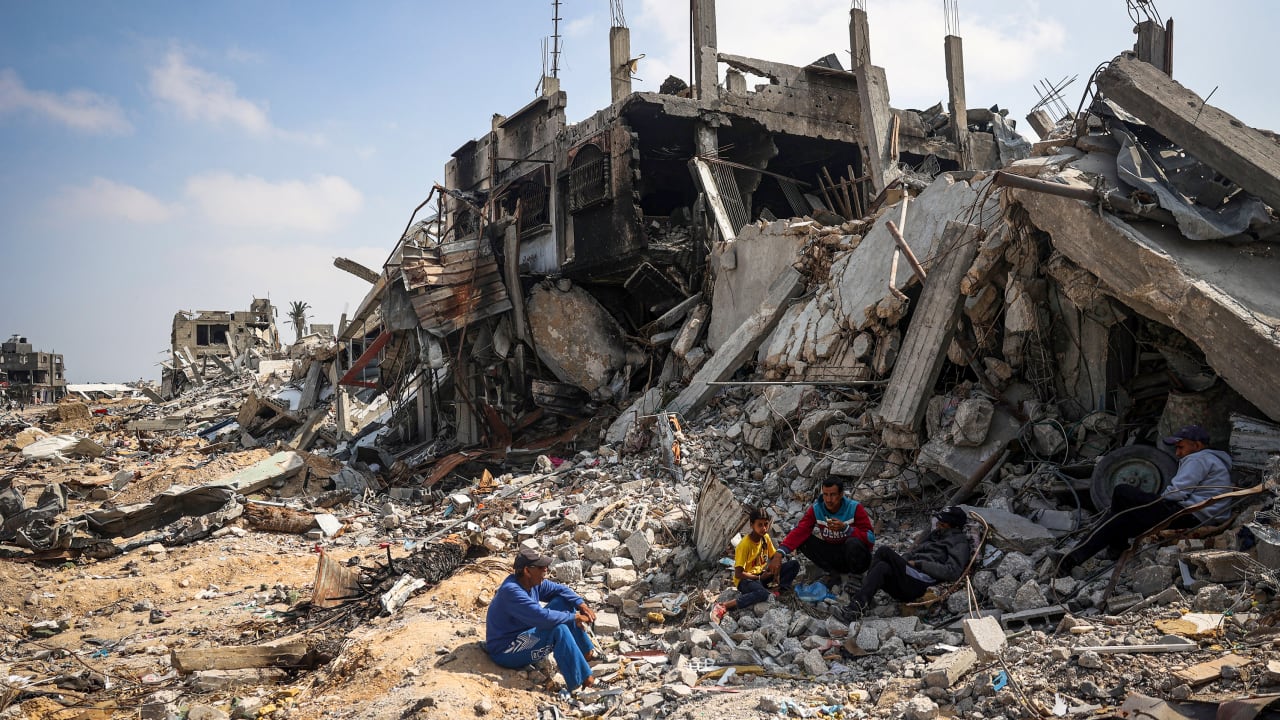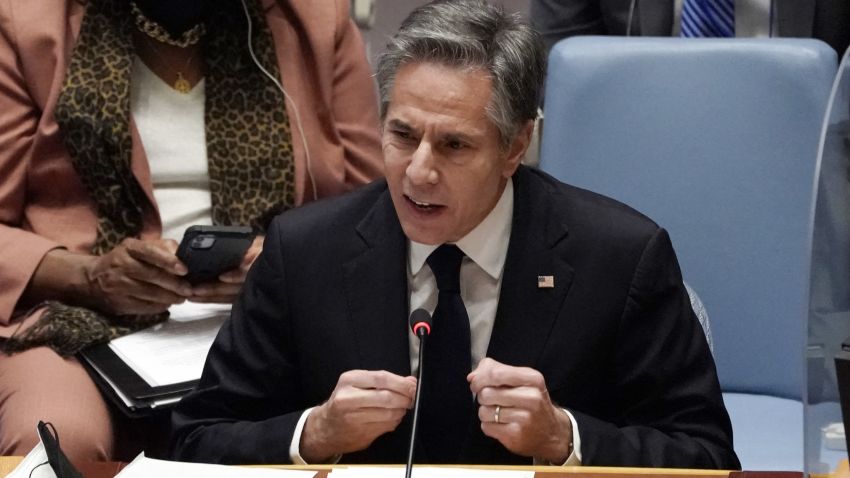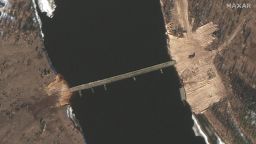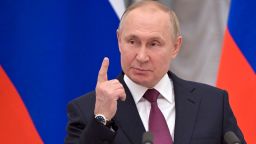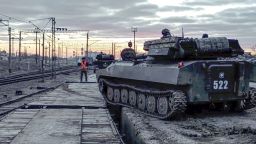Russian Foreign Minister Sergey Lavrov has demanded Russia’s core security issues be addressed first in any negotiations with the United States and NATO before other security issues can be resolved.
In a news conference following a meeting with his Italian counterpart Luigi Di Maio in Moscow, Lavrov said that, for example, any agreement to limit and halt the deployment of short- and long-range missiles based in Europe or lower military risks associated with military exercises won’t be resolved “until we agree on our key positions.”
“That is NATO’s non-expansion to the East, non-placement of the strike weapons, and respect to the military and political configuration at the time of signing of founding act between Russia and NATO,” Lavrov listed as the core demands.
His comments come after Russian President Vladimir Putin, in a news conference with German Chancellor Olaf Scholz on Tuesday, reiterated that the US and NATO had not satisfied Russia’s security concerns.
“The responses we received from the United States and NATO members to security guarantees proposals, in our opinion, do not meet the three basic Russian requirements mentioned above,” Putin said. “The provided responses contain a number of proposals that we are not just open to discussing, but in fact we have proposed them to our partners in previous years: proposals on European security issues, on certain weaponry issues, i.e. intermediate and short-range missiles, and on military transparency.”
“We are ready to continue this joint work further. We are also ready to follow the negotiation track but all issues must be considered as a whole, without being separated from the main Russian proposals, the implementation of which is an unconditional priority for us,” Putin said.
Lavrov went a step further on Thursday, saying: “Our priority is not seeing isolated issues plucked from the package of measures and then claim we’ve resolved all issues.”
“We noted in the second part of the American response to our initiative there is willingness to discuss and find agreement on the issues we’ve been proposing our NATO colleagues as urgent for the last several years,” Lavrov said.
“They have been avoiding these issues in many ways. I mean an agreement to limit and halt the deployment of short- and long-range missiles land-based in Europe, refraining from placement of other offensive weapons in areas where they can threaten security, reach concrete agreements when it comes to trust measures, measures to lowering military risks associated with military exercises of both parties, including air force and navy traffic,” he said.
Earlier this week, US Secretary of State Antony Blinken “reiterated the US commitment to continue to pursue a diplomatic solution to the crisis Moscow has precipitated.”
